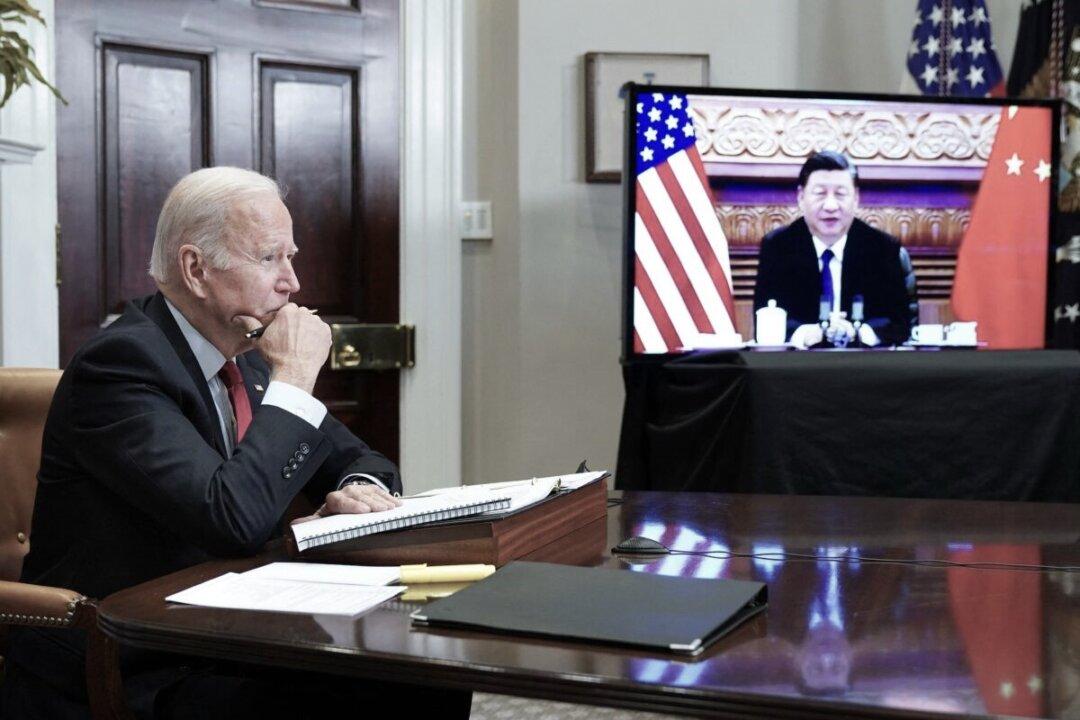U.S. President Joe Biden announced that he'll meet with Chinese Communist Party (CCP) leader Xi Jinping next week for their first in-person meeting since Biden took office.
Biden said at a White House press conference that he and Xi would confer on the sidelines of the G-20 summit in Bali, Indonesia, and that the two leaders would discuss several critical issues, including Taiwan, nuclear proliferation, and managing conflict and competition between their countries.




